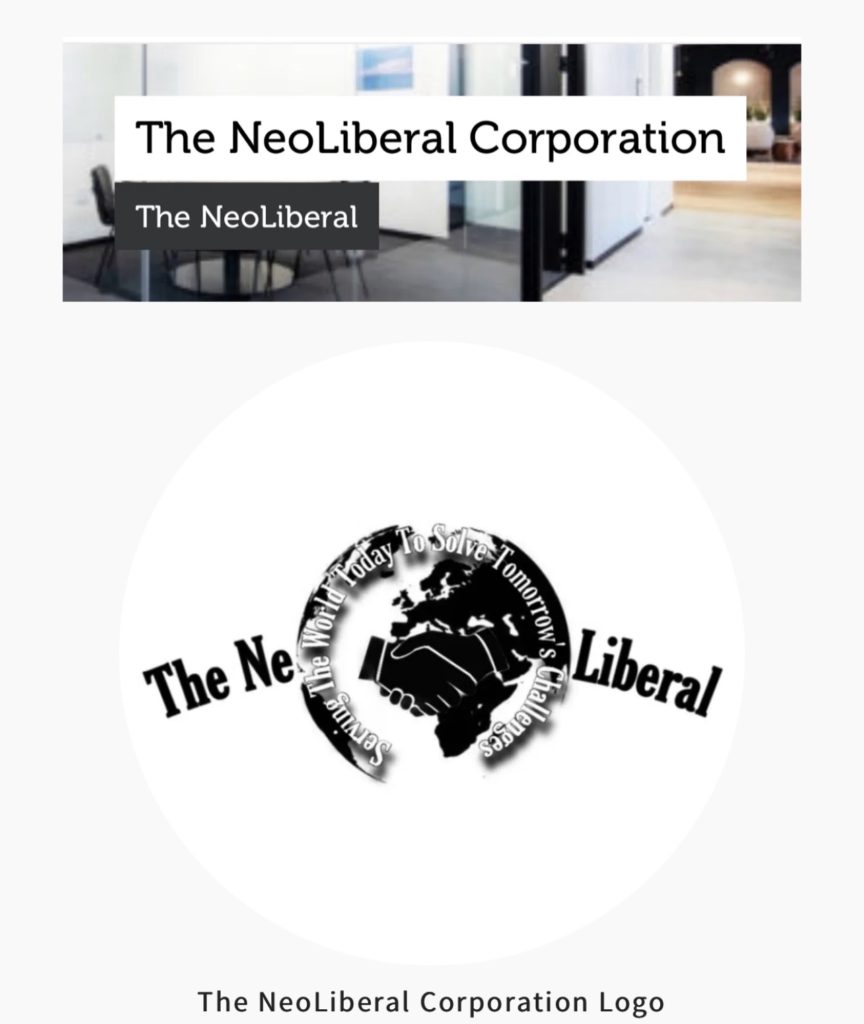Rev. Renaldo McKenzie, Lecturer at Jamaica Theological Seminary, Editor-In-Chief, The NeoLiberal Journals of Caribbean Thoughts

I asked the students in my Caribbean Thought Summer Semester at the Jamaica Theological Seminary to write a 1–2-page journal about a thought and to trace the origin of that thought and to explore its credibility as we delve into Caribbean Thought. What we are hoping to do this summer is to develop and produce a monthly or quarterly journal of Caribbean thoughts and this course is geared towards producing a rich constant staple of Caribbean perspectives that is critical and academic.
I indicated to the students that I want them to develop their thoughts in a critical way and to create perspectives and record and share their ideas in a structured platform. The course is experimental and new but also speaks to studying the development of Caribbean thought in a critical and systematic way that produces contemporary perspectives among new academics and students that is uniquely Caribbean or Caribbean diaspora. The man or woman in the global south and its diaspora must tell his or her own story so as to recapture his or her preeminence and value and chart a positive progressive course.
In this course (which is part of a study I’m doing this summer) we are empowering and developing Caribbean Thought: A Study perspective of Caribbean currents and how they continue and can be enhanced or redeveloped within a uniquely Caribbean and its diaspora expression that speaks to Caribbean and its diaspora development and sustainability. It’s an online course which I have the pleasure of facilitating via Zoom as I’m in the US and the course is taught at the College/Seminary in Jamaica. However, this study will indeed assist with my dissertation @ Georgetown University and the second edition of “Neoliberalism Globalization Income Inequality Poverty and Resistance”.
Delmarie Russell a student in my class submitted a first journal which was exceptional. It provides the basis from which to start charting our study journal and the course Caribbean Thought. I’d like to share Delmarie’s Journal with you which I’ve attached below with her permission.
Jamaica Theological Seminary
Caribbean Thought JOURNAL
Submitted to
Rev. Renaldo McKenzie
Date: June 14, 2021
Submitted by: Delmarie Russell

Caribbean Thought? As I sit here at my desk in my study, trying to figure out what is this subject that I am taking, I am flummoxed, yet curious as to where this will lead my already overwhelmed mind. To juggle school, work and family life which is taking a toll on my mind and already overweight body. But let me not digress, what is this subject and how am I going to fit in, in these studies with my everyday life.
The course outline states that it ‘focuses on the diverse currents of Caribbean Thought, which have influenced the development of Caribbean societies from colonialism to independence and beyond. It traces the history of resistance and examines the quest for equality and the challenge of defining Caribbean identity.’ That’s a whole lot of something, which needs to be broken down. When I think about the two (2) classes that I have sat through so far, listening to my Lecturer speaking of such words like neoliberalism and theocracy, (and believe me, there were many big words) I am further confused, but interested to know the meaning of these and other words. Have I ever heard these words before? The answer to that would be no, so then, some researching is necessary if I am to take part in this class and to learn and understand.
What is neoliberalism? The Conversation.com posits that ‘it is generally associated with policies like cutting trade tariffs and barriers. Its influence has liberalized the international movement of capital and limited the power of trade unions. It’s broken up state-owned enterprises, sold off public assets and generally opened up our lives to dominance by market thinking.’ Further, ‘as a term, neoliberalism is increasingly used across popular media, including The New York Times, The Times (of London) and The Daily Mail. It’s also used within international institutions like the World Economic Forum, the Organisation for Economic Co-operation and Development and the International Monetary Fund.’ The meaning has further motivated my interest and so I will have to seek further knowledge through my Lecturer to expound on what this all means. I also researched the word theocracy, and this means ‘a government operated under divine rule or the pretense of divine rule. The origin of the word “theocracy” is from the 17th century from the Greek word theokratia. Theo is Greek for “god,” and crazy means “government.” In practice, the term refers to a government operated by religious authorities who claim unlimited power in the name of God or supernatural forces. Many government leaders, including some in the U.S., invoke God, and claim to be inspired by God or to obey the will of God. This does not make a government a theocracy, at least in practice and by itself. A government is a theocracy when its lawmakers believe that leaders are governed by the will of God and laws are written and enforced that are predicated on this belief.’ (Head, 2019) What countries or government can I link this to? Not so sure, but I intend to find out.
Based on the outline, by the end of this course, I am looking forward to learning and understanding what will most certainly help me to think outside ‘the norm’ or ‘the box’ by appreciating the impact of history on current reality and the influence of key historical and current figures. Interesting times ahead, nonetheless, the above will certain open up a whole new set of vocabulary through my Lecturer, who seems to be an expert on the subject. So then Caribbean Thought has now set my mind to thinking beyond the areas that I am usually within, which begs the questions, is Caribbean Thought associated with free thinking?
REFERENCES
Head, T. (2019, November 17). The Definition of Theocracy: Religion and Government. Retrieved from ThoughtCo.com: https://www.thoughtco.com/definition-of-theocracy-721626
The Conversation.com (2017, November 2). What exactly is Neoliberalism?
Retrieved from The Conversation.com: https://theconversation.com/what-exactly-is-neoliberalism-84755
The NeoLiberal Corporation
Serving The World Today to Solve Tomorrow’s Challenges


